
Last week, Google’s Motorola Mobility division axed 1,200 jobs – about 10% of its workforce. These latest cuts were in addition to the 4,000 job reductions Motorola announced last August. In a statement released to the press, Motorola glumly stated:
These cuts are a continuation of the reductions we announced last summer. It’s obviously very hard for the employees concerned, and we are committed to helping them through this difficult transition.
It was not supposed to be this way.
Google acquired Motorola Mobility in 2012 for $12.5 billion, a move widely viewed as a way to bolster Google’s Android ecosystem and defend the company against patent lawsuits from Apple, Microsoft and others. When the acquisition was finalized, Google CEO Larry Page was ebullient:
I’m excited to announce today that our Motorola Mobility deal has closed. Motorola is a great American tech company that has driven the mobile revolution, with a track record of over 80 years of innovation, including the creation of the first cell phone. We all remember Motorola’s StarTAC, which at the time seemed tiny and showed the real potential of these devices. And as a company who made a big, early bet on Android, Motorola has become an incredibly valuable partner to Google.
The reality has play out far differently.
Job cuts notwithstanding, Motorola has failed to capitalize on the growth of the Android ecosystem. As ReadWrite reported last week, Samsung dominates Android even in the United States. For the quarter ending January 2013, Motorola’s share of the U.S. smartphone market declined 1.4 points and sits at a meager 8.6% of the market. Globally, Motorola doesn’t even crack the top 10 smartphone vendors.
Which begs the question: What would have been a better use of Google’s $12.5 billion? It turns out, a lot!
World’s Largest Venture Capital Investment
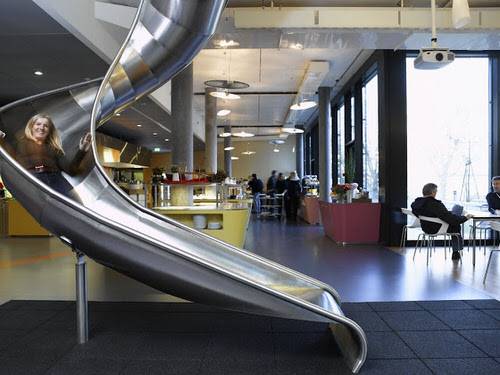
With $12.5 billion in seed funding, Google could havedoubled what Silicon Valley VCsinvest in a year.
Blackberry
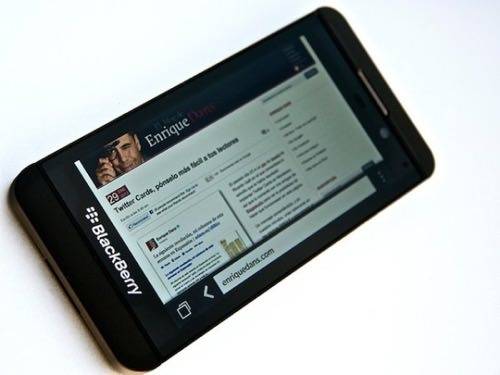
Google could have purchased the iconic, secure and enterprise-friendly Blackberry for about $6 billion. To mitigate the crushing blow to Canadian pride for losing their once-mighty Blackberry, Google could have used the remaining $6.5 billion to make a run atacquiring the entire National Hockey League.
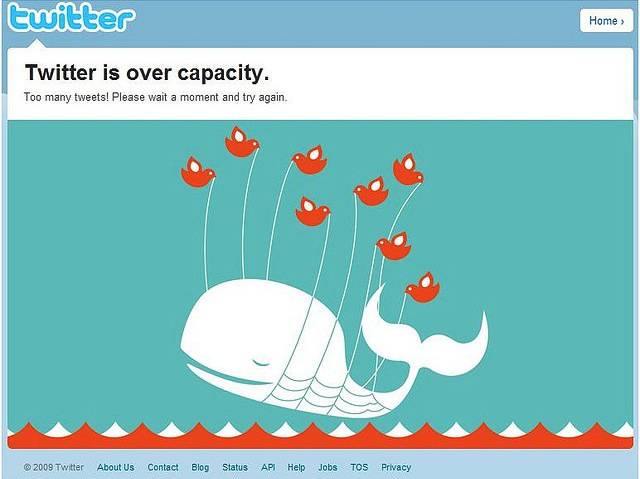
The increasingly popular micro-blogging and “second screen” platform, Twitter, has 200 million active users – and is valued at $10 billion.
You Get a Prius! You Get a Prius!
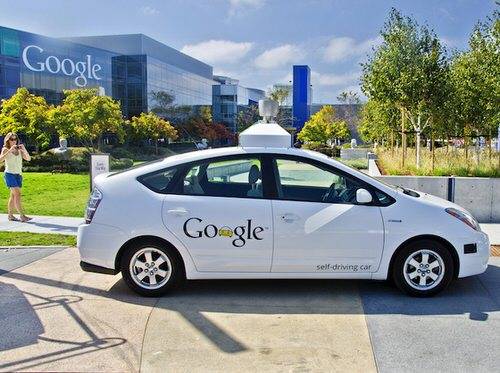
Forget futuristic driverless cars. Google could have jumpstarted the “sharing economy” and helped the environment. The 2013 plug-in version Toyota Prius retails for about $30,000. Instead of buying Motorola Mobility, Google could have brought home nearly 400,000 Priuses – and had plenty left over to acquire car-sharing service, Zipcar (recently purchased by Avis for a bargain $491 million).
Fashionable Eyewear
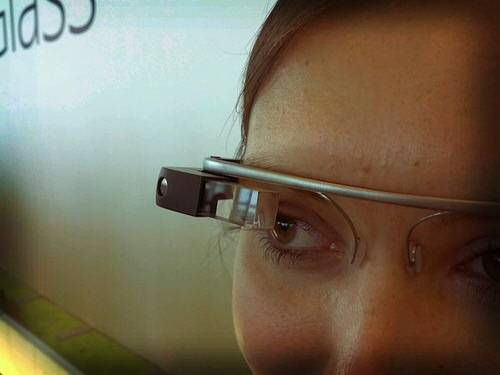
Why did Google want to make Motorola smartphones when it should be constructing Google Glass headsets? Perhaps because no one save a few geeks will wear Google Glasses in public if they don’t feel great and look fashionable. For a mere $6 billion, Google could have acquired Fossil, Inc. Fossil designs, makes and distributes not only eyewear but a range of fashion accessories – perfect for the coming wearable computer revolution.
Lululemon
Google co-founder Sergey Brin – who thinks that smartphones are “emasculating” – has revealed a fondness for fashionably trendy, form-fitting Lululemon yoga gear. Brin could have bought the entire company for just North of $10 billion.

Television

Google’s efforts to crack open Hollywood – and gain a foothold in the television market – have so far floundered. For just $10 billion, Netflix could have belonged to the search giant.
Moon Shots

Larry Page wants Google to work on “moon shots” – those breakthrough innovations that promise to radically alter work and business. For $12.5 billion, Google could have fully funded NASA for a year.
All The News That Fits
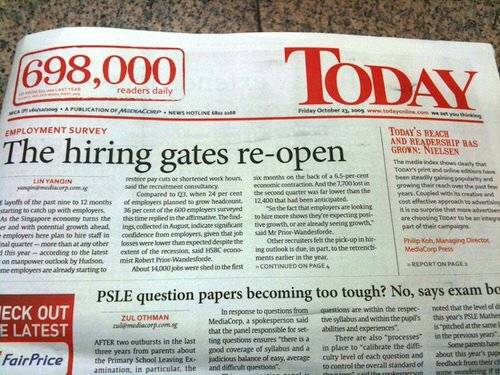
Fairly or not, Google has been pilloried for destroying the newspaper industry. Indeed, France sought payment from Google for linking to (and aggregating) stories from their nation’s newspapers. In response, Google established a €60 million Digital Publishing Innovation Fund. Yawn. With $12.5 billion, Google could have purchased The New York Times and still have $11 billion left to create global digital publishing innovation fund.
Bing!
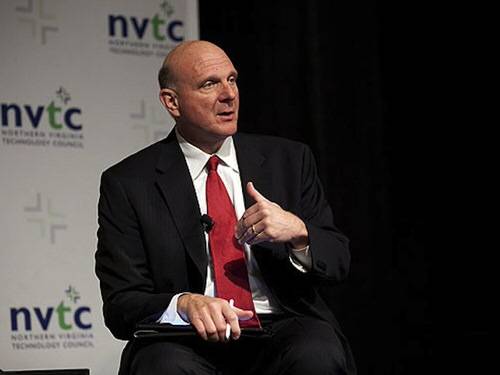
At Microsoft’s current valuation of $233 billion, Google could have bought its only legitimate search competition – Bing. Trefis estimates that Bing contributes 3% to Microsoft’s valuation, about $7 billion at today’s prices. That would leave Larry Page with enough left over to buy Microsoft’s Xbox and Windows Phone businesses – and Skype, too!
There is still the chance, of course, that Motorola will turn itself around. The company is rumored to be building an “X Phone” to challenge iPhone and the Samsung Galaxy S line. Perhaps all those Motorola patents could turn into a goldmine – or prevent someone from successfully suing Google or Android for billions. To date, however, the Motorola acquisition appears to be a costly diversion to Google’s high-margin and highly profitable search business. Not to mention a sea of failed opportunities to spend its money more profitably.
Top image courtesy of Wikipedia Commons.
Google slide image and Google-modified Prius image from Google. Google Glass image courtesy of Wikipedia Commons. Image of Sergey Brin from Flickr. “Forgotten Television” image from Fotopedia. Moon image courtesy of Wikipedia Commons. Picture of newspaper from Fotopedia. Picture of Steve Ballmer via Microsoft.

















